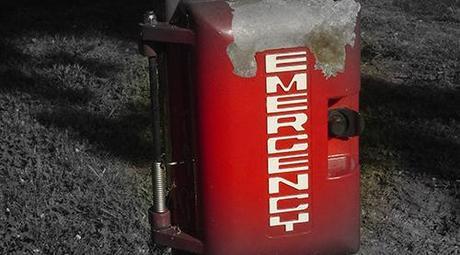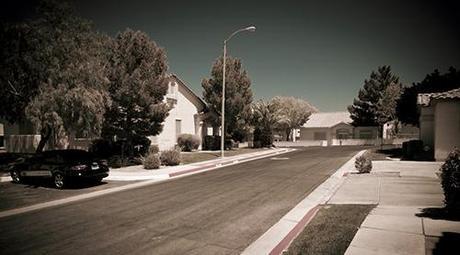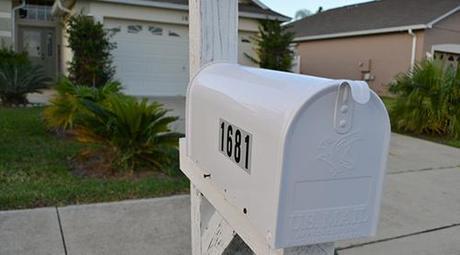Considering the current housing market and our gradually recovering economy, you might be asking yourself if you are finally ready to buy a home. There are certainly plenty of reasons not to buy a home right now. But people do it, and not all of those homes end up in foreclosure. But how do you begin to determine whether or not buying a home is right for you? We suggest you ask yourself the following six questions.
-
Can you afford it?

If you’re not sure you can afford to buy and own a home, it’s possible you can’t, or maybe you just need to take a hard look at your incoming and outgoing income. The Federal Housing Administration advocates for what’s called the 43% debt-to-income ratio rule for determining whether or not you have the ability to repay a mortgage. Your current debt payments, along with new home ownership expenses, including mortgage payments, home owner’s association fees, property tax, and homeowner’s insurance, should not equal more than 43% of your gross income. Take time to do the math and consider going over everything with a financial advisor as well.
How’s your job going?

If you roll your eyes after asking yourself that question, DO NOT BUY A HOME! Do not base your ability to buy a home on how much money you might be making in the future, or how comfortable you are running up credit card debt. Most lenders want to see that you’ve been at your job for at least two years and have a steady, reliable source of future income. But if you’re planning a career change, or just started a new job with a new company, it would be prudent to continue renting until you’re secure with your job and work income.
Do you plan to own it for at least five years?

This isn’t a hard and fast rule, but most realtors and financial advisors will tell you that buying a home you don’t plan to own for at least five years doesn’t make financial sense. Generally speaking, five years is when earning appreciation in value breaks even with home buying and selling transaction costs. Buying and then selling a home too quickly will cost you much more money than holding off and renting.
Do you have an emergency fund?

Having an emergency fund is helpful, but not a requirement to securing mortgage financing. However, such a fund will prepare you in the event of unforeseen circumstances, such as an unexpected layoff, that might prevent you from making payments on your loan. Home ownership usually comes with unexpected expenses for repairs and maintenance, and your emergency fund can help with those as well.
Do you like the neighborhood (and your neighbors)?

While touring your potential new home, did you hear the sound of gunfire a block or two away? Did the neighbor across the street appear in his front window dressed in only a black hood with a pentagram tattooed on his chest? Do you notice an abundance of wild dogs inhabiting the yards around you? Before you buy a home, be sure to meet the people who will be your new neighbors, and do some research online about your neighborhood. You might be pleasantly surprised, or scared out of your wits.
Do you love the home you’re about to buy?

Finally, at the risk of sounding obvious, make sure you truly love the home you plan to buy. Love isn’t perfect, of course. Your new love may need new flooring, a new furnace, and a new coat of paint for each and every room. But it’s your home, and you should only buy it if it’s a home you’re willing to give not only your hard-earned money, but plenty of time, love, and care as well.
This guest article was originally posted at HomeInsurance.org
RELATED POSTS

